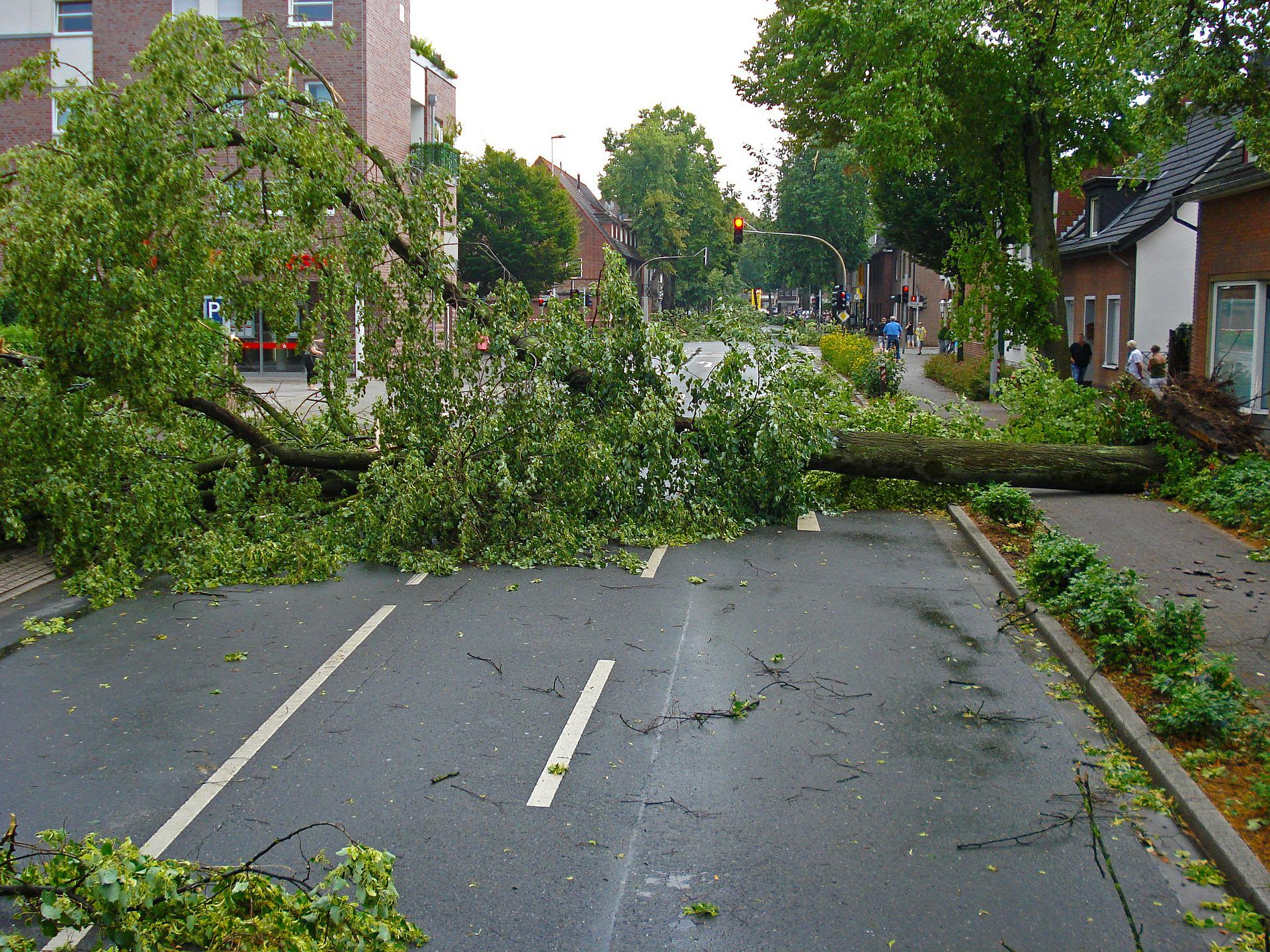

The devastation caused by Hurricane Harvey sent the construction industry in affected counties into a tailspin as construction professionals struggled to keep up with demand. Unfortunately, as builders and contractors attempted to regain equilibrium, many found themselves dealing with major disputes with homeowners for the first time. Although the construction industry, as a whole, has rallied around our communities to assist many homeowners in times of great need, disputes will inevitably arise. In this blog, we’ll provide some of our best tips for contractors.
We have kept track of many common causes of issues that arise and propose a few best practices contractors should consider, not just in the wake of Hurricane Harvey, but in general. As always, we recommend that you consult with an experienced construction attorney prior to implementing new procedures.
A home is much more than an investment tool for many people; homeowners are also invested emotionally, which can lead to strong feelings when their construction project does not go as planned. That is why constant written communication is recommended. A clear contract that adequately outlines the terms and scope of work is the number one tool for preventing misunderstandings and managing customer expectations. If you need assistance implementing new procedures and contract documents, we are here to help. Contact us today for a free consultation.
This article is intended as a general educational overview of the subject matter and is not intended to be a comprehensive survey of recent jurisprudence, nor a substitute for legal advice for a specific legal matter. If you have a legal issue, please consult an attorney.
Karalynn Cromeens is the Owner and Managing Partner of The Cromeens Law Firm, PLLC, with over 17 years of experience in construction, real estate, and business law. A published author and passionate advocate for contractors, she has dedicated her career to protecting the businesses her clients have built. Karalynn is on a mission to educate subcontractors on their legal rights, which inspired her books Quit Getting Screwed and Quit Getting Stiffed, as well as her podcast and The Subcontractor Institute.

